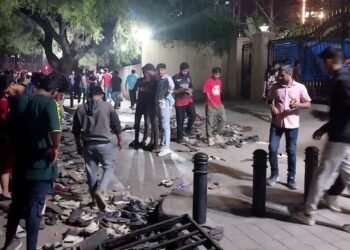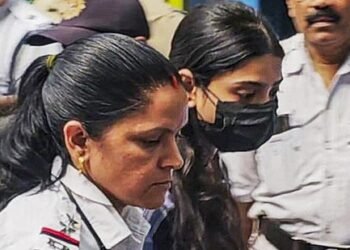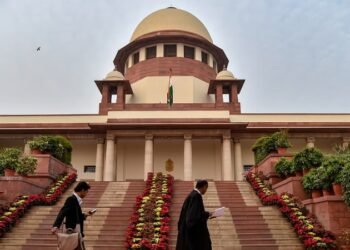The Supreme Court has criticized protesting farmers who are opposing the Punjab government’s efforts to hospitalize farmer leader Jagjit Singh Dallewal, currently on an indefinite fast to urge the Centre to agree to the MSP demand for crops. A bench of Justices Surya Kant and Sudhanshu Dhulia criticized the Punjab government for not transferring Dallewal, who has now been without food for 33 days, to a hospital.
“Who are the individuals wishing for Dallewal to perish on the street? He seems to be experiencing some form of peer pressure. Persuade Dallewal that he is able to maintain his fast while in the hospital as well. Those preventing Dallewal from going to the hospital do not have his best interests at heart,” stated the Supreme Court.
The court’s serious comments were made during the consideration of a contempt petition against the Punjab chief secretary for failing to follow its December 20 order about providing medical assistance to Dallewal and persuading him to visit the hospital.
Dallewal, the organizer of the Samyukta Kisan Morcha (apolitical), has been on a hunger strike at the Khanouri border since November 26.
Punjab ADG Gurminder Singh stated that a medical board had been formed, and a group of eight doctors was overseeing the health of the farmer leader. The attorney, referring to the compliance report, stated that attempts were made to convince Dallewal.
Also read: Amid face-offs between Assam Rifles and Manipur Police, Kuki militant attacks Meitei villages
Justice Dhulia criticized the Punjab government harshly, labeling it a “criminal act” and asserting that it amounted to “nothing more than encouraging suicide.” “You caused the issue, and now you claim there is nothing you can do,” stated the court.
“Do you want us to note your comment that the state claims it is powerless? You are an elected government, and you cannot claim to be unable to act in this situation,” stated Justice Surya Kant.
The court also inquired why charges should not be filed against the chief secretary and the Director General of Police.
In its ruling, the Supreme Court expressed dissatisfaction with the Punjab government’s actions concerning adherence to its earlier directive. Nonetheless, the court allowed Punjab additional time to take actions to adhere to its directives. The court additionally requested the Centre to offer the necessary assistance.
“Punjab has a rich history, and they have managed such situations more effectively. We share the same concern and stand with the people of Punjab, but our greater concern lies with the well-being of the farmer leader,” stated the court.
The next hearing on the matter will be on December 31.













